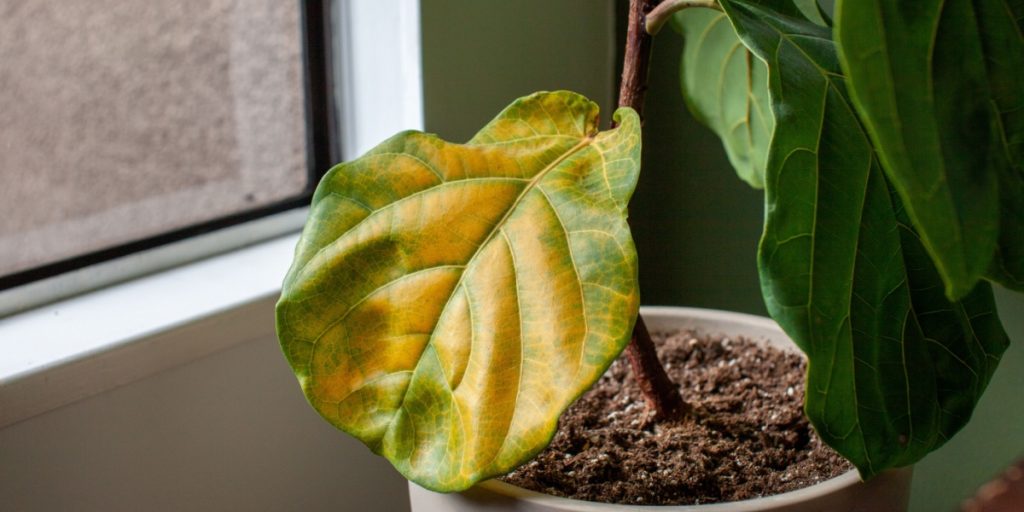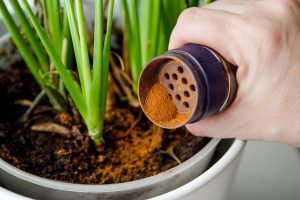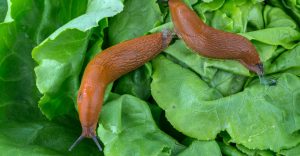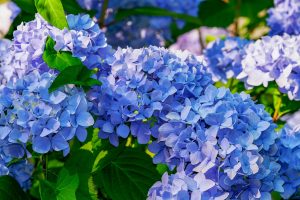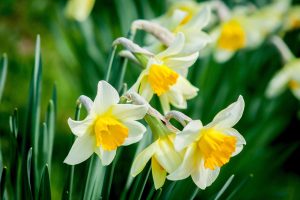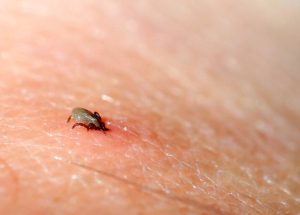Yellow leaves are a common symptom of a sick plant, but there are effective ways to tackle this problem.
Others are reading now
Discovering yellow leaves on your plants can be disheartening, especially when you’re striving to maintain a lush, perfect garden. Yellow leaves often signal that your plant is struggling, but pinpointing the exact cause is important to nursing your plant back to health.
Here are four common reasons why plant leaves might turn yellow, along with tips on how to address them:
1. Pest Problems
Tiny insects might be feeding on your plants, which can cause the leaves to yellow and eventually die.
To combat this, use neem oil or an insecticidal soap to gently but effectively eliminate these pests. Regular inspections of your plants can help catch these critters early before they cause significant damage.
Also read
2. Overwatering
It’s a common misconception that more water equals healthier plants, but overwatering is actually a frequent gardening mistake.
Excess water can suffocate plant roots and prevent them from absorbing the nutrients they need, leading to yellow leaves. Ensure that your plants have well-draining soil, which may involve mixing in some sand.
If overwatering is a consistent issue, consider establishing a more regimented watering schedule.
3. Insufficient Sunlight
Plants that don’t receive enough light can develop pale, yellow leaves.
Photosynthesis, the process by which plants use sunlight to produce food, can be compromised if they aren’t getting sufficient light.
If your plants are indoors, move them to a window with more sunlight. If they are in a shaded part of your garden, relocate them to a sunnier spot.
4. Dehydration
Contrary to issues caused by too much water, insufficient watering can also result in yellowing leaves.
Dehydrated plants often have dry, brittle leaves that may crinkle to the touch. To remedy this, adjust your watering routine to ensure your plants receive just enough water without going overboard.
Checking the top inch of soil for dryness is a good indicator of when it’s time to water.

